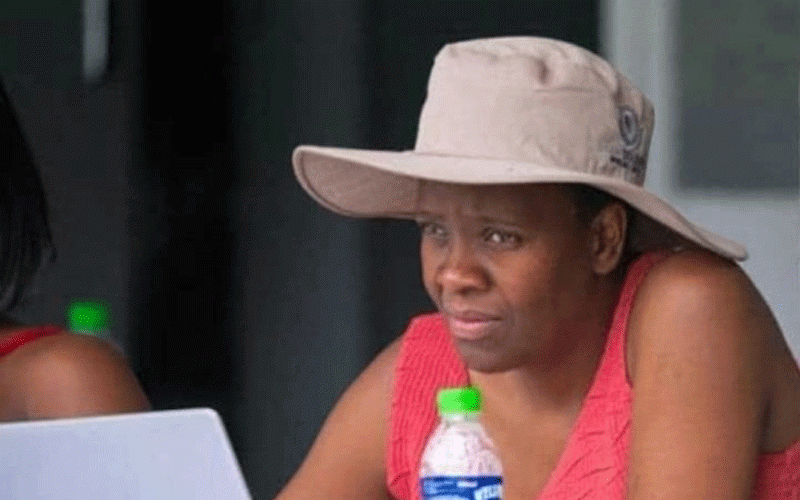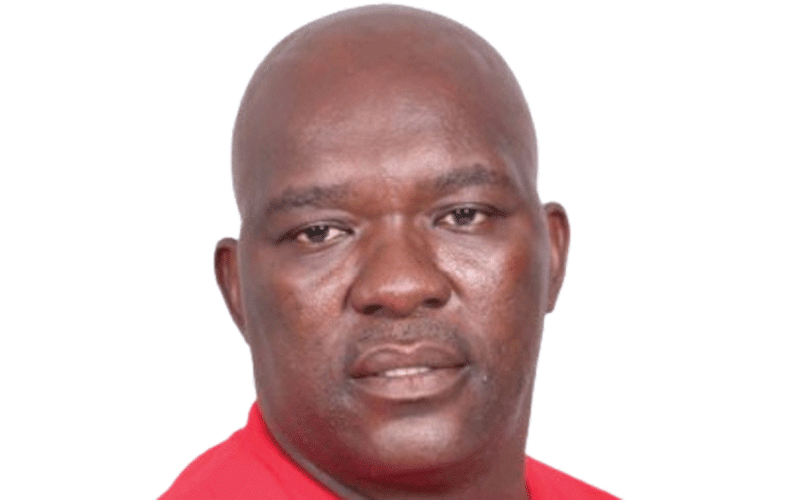
By Michael Madyira Zimbabwean athletics is walking wounded just like many other sporting disciplines in the country. But what has thrown this discipline into the spotlight is that Zimbabwe had no track and field athletes at the London 2012 Olympics that end today.
This is a first in the country’s history at the quadrennial global sporting showpiece.
Of Zimbabwe’s seven competitors in London, athletics was represented by only three marathoners, equalling the 1988 record where the same number was sent to Seoul, South Korea.
Four years ago, athletics boasted of seven contestants in Beijing, while a record highest number of eight took part in Sydney 2000, which is now an indicator of the drastic decline in our sporting standards.
Being a collection of various sporting events, most countries bank on athletics for medals in major competitions like the Olympics, Commonwealth Games or All-Africa Games because it is an individual sport except in the relays.
Recent events point to a bleak future in the country’s athletics.
A poor show at the Southern Region Track and Field Championships in Harare in May, which South Africa dominated, was not encouraging.
A nightmarish outing at the 18th African Senior Athletics Championships in Benin early last month, where all five athletes failed to make it into the finals sealed the country’s status as an underdog in continental athletics.
- Chamisa under fire over US$120K donation
- Mavhunga puts DeMbare into Chibuku quarterfinals
- Pension funds bet on Cabora Bassa oilfields
- Councils defy govt fire tender directive
Keep Reading
And while the London expedition furthermore exposed the grim state of athletics in the country, the National Athletics Association of Zimbabwe (Naaz) believes the sport has significantly improved.
Naaz president Joseph Mungwari described the current state of affairs as sign that atheletics has “come of age.”
“By this I mean at regional and continental competitions as well as world championships. Over the past Olympics editions our athletes have been getting into finals,” said Mungwari.
However, Mungwari’s utterances are in stark contrast to the real situation. Brian Dzingai and Ngonidzashe Makusha stormed into the finals of the men’s 200m and long jump respectively in Beijing, but before that, the last time a Zimbabwean athlete had got to the athletics finals was in Los Angeles 1984, when Zephaniah Ncube crossed the line 11th in the 10 000m race.
Mungwari also referred to Makusha’s bronze medal at last year’s World Athletics Championships in Daegu, South Korea as reflective of Naaz’s milestone achievements.
The Naaz boss blamed the government and the corporate world for the sport’s dire straits, a reason that has somewhat become rhetoric.
“We are having problems in terms of getting resourses from the government as well as the corporate sector. Just like any other national association in this country, we are struggling financially. We have many ideas but we end up re-engineering everything because of lack of support,” said Mungwari.
“If you look at how the Sports and Recreation Commission (SRC) are helping national associations you find out that they are doing nothing in that regard. This affects our consistency because when we are on a high position we need funds to maintain that level. We have no support starting from the grassroots level.”
Apart from the dwindling standards, athletics facilities in Zimbabwe are in a sorry state.
The country boasts of only three tartan tracks which are found at the National Sports Stadium (NSS), University of Zimbabwe and National University of Science and Technology.
Even the only electronic timer at the NSS — a necessity in modern athletics — is not functioning.
While many countries are developing their athletes by establishing Schools of Excellence and High Performance Centres, such an idea appears far-fetched in Zimbabwe.
“When we talk of a School of Sporting Excellence we are talking of buildings, equipment, dieticians, physiotherapists, doctors and other facilities. We cannot set up one when we do not have money to send athletes to train on the European circuit,” Mungwari said.
Athletics clubs are struggling without the support of the national association while mushrooming academies are battling to be officially recognised.
After being reinstated at the helm of Naaz in 2003 following three years of suspension by SRC, Mungwari has been in charge for more than a decade now. He is not sure when he will step down, and whether the association is prepared for elections that are scheduled for this year.
“We have not yet planned for elections but they are on this year. I do not know the exact month when we will have them,” Mungwari said.
One appalling episode was when the Gweru-headquartered Naaz was being run as a briefcase organisation without offices for nine months until April this year. Squabbles characterise the association with some provinces being run by interim boards which have been around for more than three years, thereby compromising the smooth running of athletics.
“Interim boards are brought by specific circumstances. If a province does not pay affiliation fees, it means they are no longer our member,” Mungwari said. One of the reasons that led to Mungwari’s suspension in 2000 was failure to submit audited financial statements.
This situation appears to have repeated itself, with the association’s last annual general meeting having been held at the beginning of 2010, while the national executive last met in April last year.











